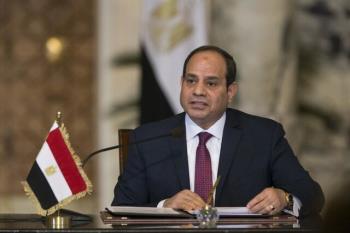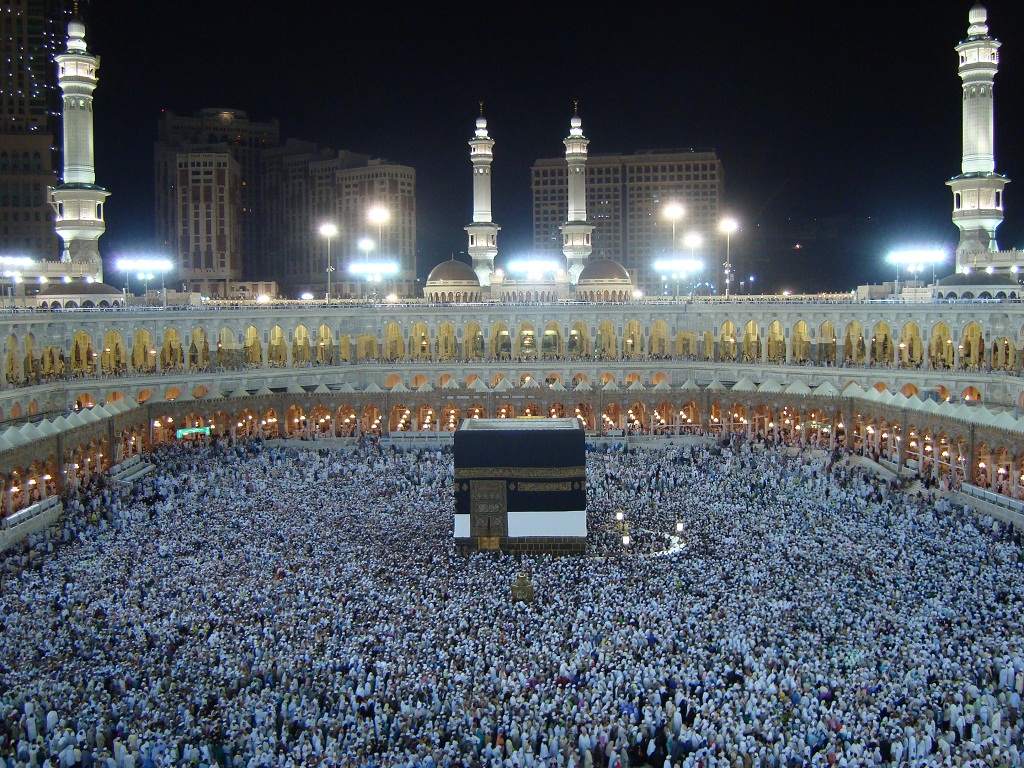Alwaght-The Saudi regime has engaged in deliberate actions to block Iranians from sending pilgrims to the annual Hajj pilgrimage later September this year.
Speaking on Thursday Iran's Minister of Culture and Islamic Guidance Ali Jannati said, “Conditions are not prepared for conducting Hajj; we have lost the time; we made our utmost effort but the sabotage is coming from the Saudis.”
Jannati said the Saudis had mistreated Iranian delegates headed by chairman of Iran's Hajj Organization, Saeid Ouhadi, subjecting them to finger-printing among other hostile procedures.
“Their attitude was cold and inappropriate. They did not accept our proposals concerning the issuing of visas, the transport and security of the pilgrims,” Jannati said.
"The arrangements have not been put together and it's now too late," Iran's Culture Minister Ali Jannati told the official IRNA news agency. "The sabotage is coming from the Saudis." He added that, "Saudi officials say our pilgrims must travel to another country to make their visa applications."
Saeid Ohadi, says that Riyadh had also refused to lift a flight ban on Iranian airlines for the pilgrimage, which all capable Muslims are expected to perform at least once in their lifetime.
Another contentious issue has been security, after a massive stampede at last year's Hajj, several reports indicated that nearly 4,000 foreign pilgrims were killed, including 464 Iranians.
The tragedy came days after a massive construction crane collapsed into Mecca’s Grand Mosque, killing more than 100 people and leaving over 200 others wounded. According to the figures released by Iran's Hajj and Pilgrimage Organization, 11 Iranian pilgrims were among the deceased and 32 of the injured were also Iranian nationals.
On Wednesday, Iran’s Foreign Ministry Spokesman Hossein Jaberi Ansari advised Riyadh against letting its political preferences affect the important Islamic tradition.
Jaberi Ansari said the Saudi government has refused to act on “its recurrent assertions that it would not let political disputes get in the way of the issue of Hajj.”
Iran has been insisting that Saudi Arabia issue visas through the Swiss embassy in Tehran, which has looked after Saudi interests since Riyadh broke off ties in January.
“Although Saudi Arabia does not have an embassy in Iran, Switzerland represents its interests,” Jaberi Ansari said.
Tehran has said it is ready to swiftly issue visas for as many Saudi visa officers required to perform the procedure at the Swiss diplomatic mission or another venue in Tehran as necessary, he added.
Saudi Arabia has also insisted that third-country airlines have to transport the pilgrims, while the two countries would previously each share half of the responsibility for the air travels.
“It is obvious that a non-normal status is not acceptable to Iran,” the Iranian Foreign Ministry official said.
Speaking in early April, Hujjatul-Islam Seyed Ali Ghazi Askar the representative of Iran's Leader of the Islamic Revolution on Hajj affairs said, “The delay by Saudi Arabia for preparatory talks on the hajj means they do not want hajj to be completed [by the Iranians].” He warned that if there are no talks in the coming days on the issues of housing, transportation, food and other logistical matters for Iranian pilgrims, “the conditions to conducting a desirable hajj will become very difficult.”
Early January, Iran's Foreign Minister Mohammad Javad Zarif said the Saudi regime tries to achieve its regional goals by promoting “Iranophobia” and creating tensions in the region.
Iran does not seek to create regional tensions and has never done so, he noted, adding that, “As a powerful country, Iran will move past all these desperate actions” but will not allow anybody to disrespect its people.
“Enmity with Iran has never had any benefits for anyone, including the regional powers, and the interest of our friends in the region is in treading the path of friendship,” he stated.



























